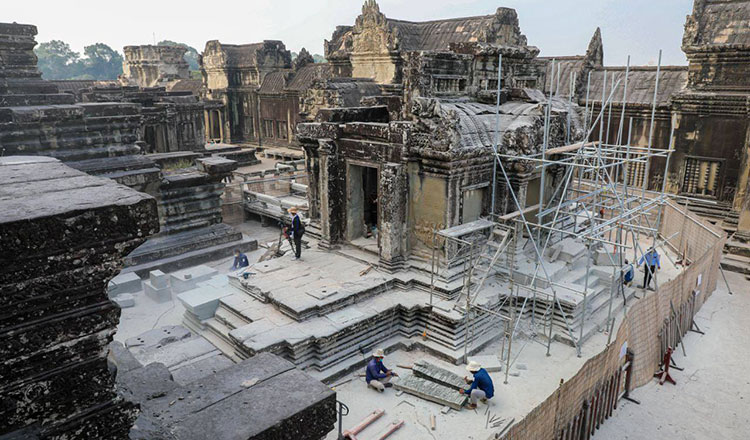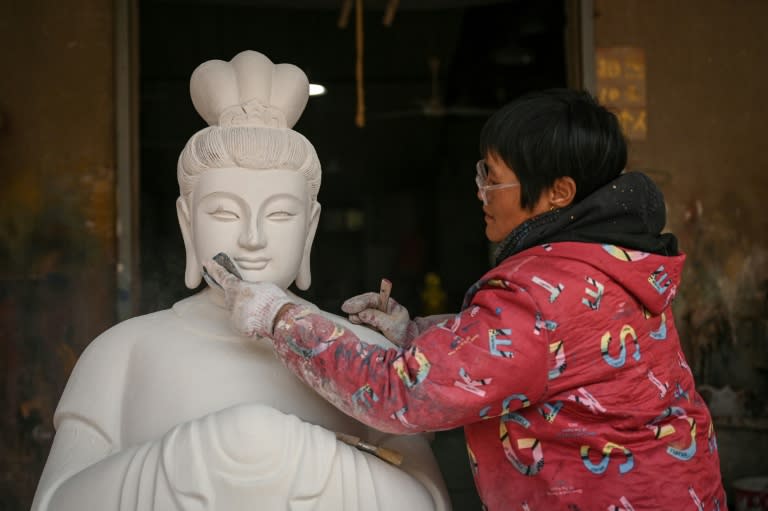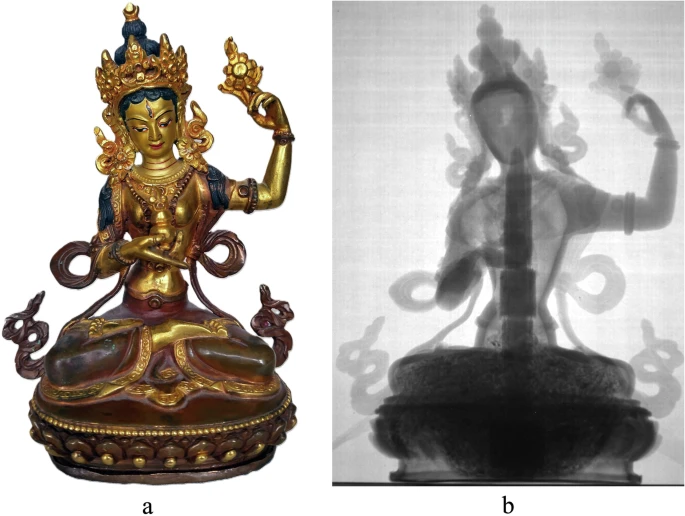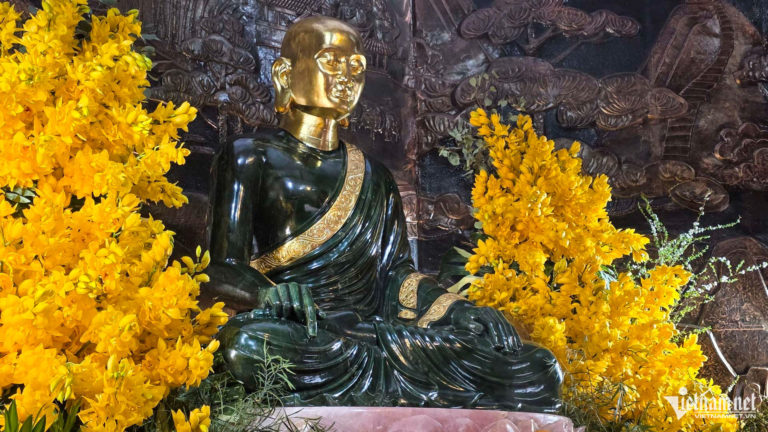Tucked into the lush hills of Espírito Santo, Brazil’s second-largest religious monument is quietly drawing pilgrims, tourists and spiritual seekers alike. Towering at 35 metres and weighing 350 tonnes, the Buddha of Ibiraçu is the largest of its kind in the Americas—and few outside Brazil know it exists.
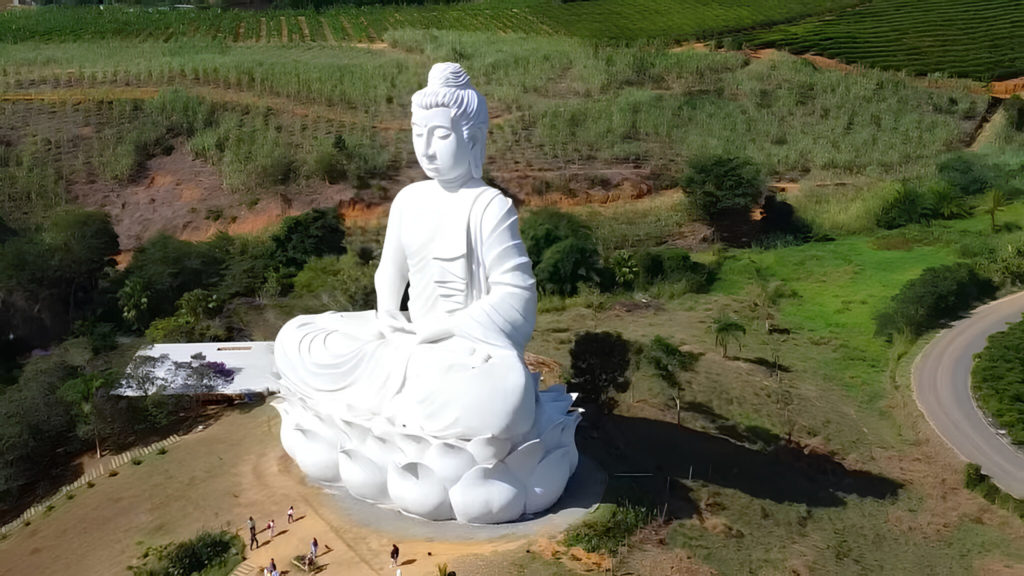
Inaugurated in 2019, the statue sits atop Morro da Vargem, home to one of Brazil’s oldest Zen Buddhist communities. Facing the sunrise in a meditative pose, the Buddha dominates the skyline of Ibiraçu, a modest town 75 kilometres north of Vitória. Built over five years by a team of engineers and artisans, the sculpture blends spiritual symbolism with architectural ambition. Its seven-metre base houses a temple and meditation hall, while the statue itself was assembled in modular sections and lifted into place by crane—a feat that mobilised volunteers and locals alike.
But this is more than a monument. According to monk Daiju Bittencourt, who oversees the site, the Buddha was designed to inspire reflection, not just admiration. “It represents awakening and serenity in turbulent times,” he said. “We want people to come here and feel peace.”
Since its unveiling, the site has transformed Ibiraçu into a hub for spiritual tourism, welcoming over 50,000 visitors annually. Access is free, and the winding road to the summit passes through preserved Atlantic Forest, dotted with gardens, bells and sculptures echoing Buddhist teachings.
Beyond the statue, the Morro da Vargem Zen Community includes temples, meditation spaces, ornamental lakes and an environmental school that works with local children. The monastery itself sits within a 150-hectare reforestation zone, where native species have been reintroduced over four decades.
At sunset, the golden surface of the Buddha catches the light, casting a glow visible for miles. Many describe the experience as “spiritually overwhelming.” One visitor, Carla Ferreira, said, “The energy is different. The peace is almost tangible.”
Now considered one of Brazil’s seven spiritual wonders, the Buddha of Ibiraçu stands not just as a tourist attraction, but as a symbol of introspection, tolerance and the quiet power of faith.

